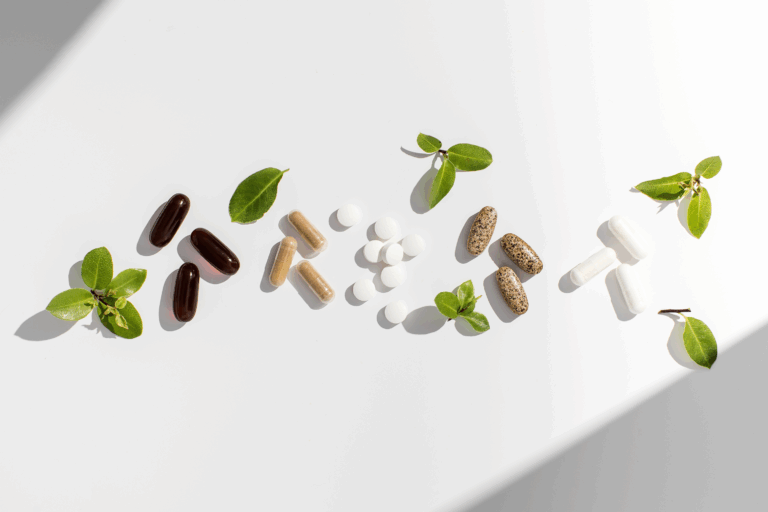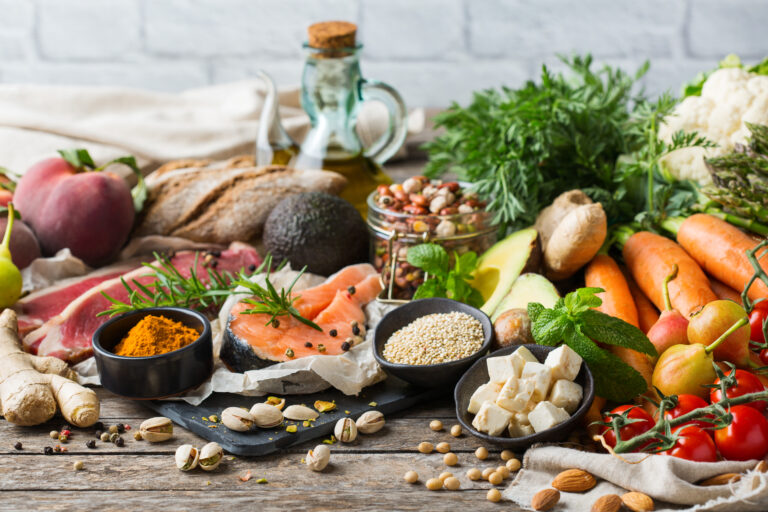Insights on Oxidative Stress, Inflammation, Nutrition, and Epigenetics
In this video, Jennifer Stagg, ND, the Medical Director and Founder of the Whole Health Wellness Center in Avon, Connecticut outlines the relationship between oxidative stress, inflammation, nutrition, and epigenetics. Oxidative stress and inflammation are often found together in many chronic diseases. Inflammatory cells release reactive oxygen species, which contributes to oxidative stress. Excess reactive oxygen species can also initiate a cascade that leads to increased genetic expression of pro-inflammatory mediators, creating a vicious cycle of inflammation and oxidative stress.
Next, Dr. Stagg walks through the specific phytochemicals that contribute to the anti-inflammatory or antioxidant effects of specific foods and medicinal herbs. Phytochemicals are unique compounds found only in plants which exert a beneficial effect on the body. Examples of healthy foods and a relevant bioactive phytochemical related to oxidative stress and inflammation include:
- Sulforaphane in broccoli
- Curcumin in turmeric
- Betanin in beetroot
- Resveratrol in grapes
- Quercetin and buckwheat
- EGCG in green tea
Phytochemicals, also commonly referred to as phytonutrients, work through several pathways to promote healthy inflammation resolution and support oxidative balance including Nrf2, NF-κB, free radical neutralization, inflammatory cytokine signaling, and cyclooxygenase pathways. Phytochemicals can also influence epigenetics and microRNA levels, resulting in changes to the genome that can last throughout the lifecycle.
Most of the U.S. population does not meet the recommended daily vegetable intake, meaning they are most likely lacking important phytochemicals. However, consuming just one serving of fruits and vegetables can help to decrease the risk of all-cause mortality, or death from any cause. In fact, there is a five percent reduction in risk for each serving of fruit or vegetables (up to five per day). Consuming a variety of plants as part of a whole food nutrition pattern has the additional benefit of providing a diverse array of phytochemicals and food synergy between foods and phytonutrient can also further enhance the health of the body.






